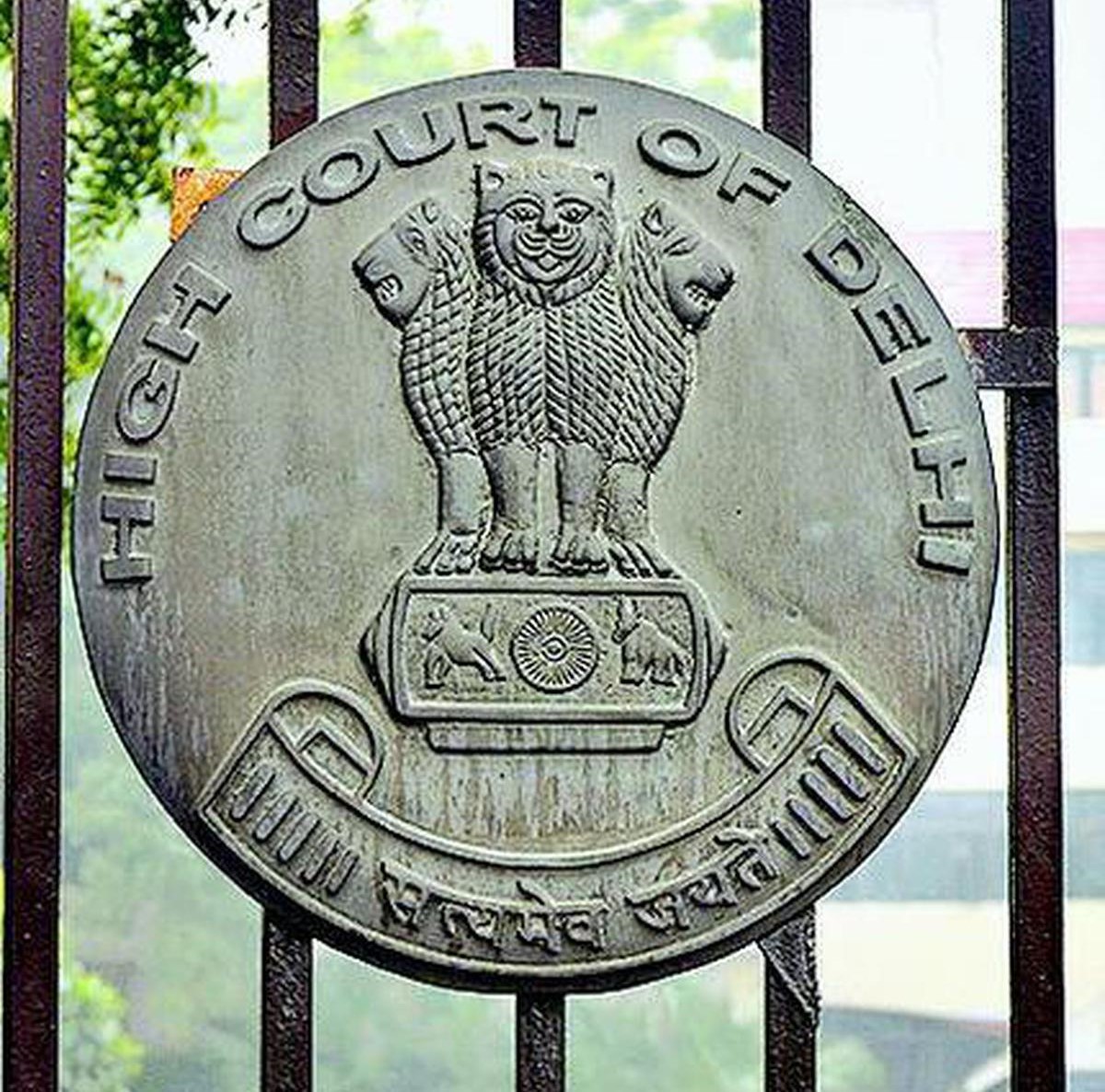
Bin Laden photo on phone not enough: Delhi Court grants bail in UAPA case
text_fieldsThe Delhi High Court has granted bail to a man accused under the Unlawful Activities Prevention Act (UAPA) after ruling that possessing a photograph of Al-Qaeda founder Osama Bin Laden on his phone does not automatically denote membership in a terrorist group.
The case revolves around Ammar Abdul Rahiman, who was apprehended by the National Investigation Agency (NIA) in August 2021 on charges related to alleged ties to the Islamic State (ISIS) and a purported conspiracy to migrate to ISIS-controlled territories for the establishment of a caliphate and to execute ISIS activities within India.
The National Investigation Agency alleged that Rahiman had used the screen recording feature to download Islamic State-related videos and Instagram clips depicting "brutal killings." Furthermore, they asserted that his mobile phone contained images of Bin Laden and Islamic State flags, which they argued demonstrated his radical ideology and affiliation with the terrorist organization.
However, the High Court, comprising Justice Suresh Kumar Kait and Justice Manoj Jain, asserted that merely possessing such material, which is widely accessible on the internet, does not inherently implicate an individual as a member of a terrorist organization or suggest active participation in furthering its cause.
The judges emphasized the ubiquitous nature of such content in the digital age, highlighting that accessing and downloading it does not equate to association with terrorist groups.
The NIA also alleged that Rahiman had installed messaging applications like Telegram and the Safari web browser to evade detection by law enforcement. However, the court dismissed this argument, stating that such applications are publicly available, and their use cannot serve as grounds for adverse inference against the accused.
While acknowledging Rahiman's potential radicalization and engagement with extremist material, the court underscored that this alone is insufficient to invoke the specific provisions under Section 38 and Section 39 of UAPA related to membership in a terrorist organization and providing support to it.
The bench granted bail to Rahiman, subject to conditions determined by the special court overseeing his case. Nonetheless, the High Court cautioned that its observations were provisional and should not influence the trial court's final judgment on the merits of the case.























